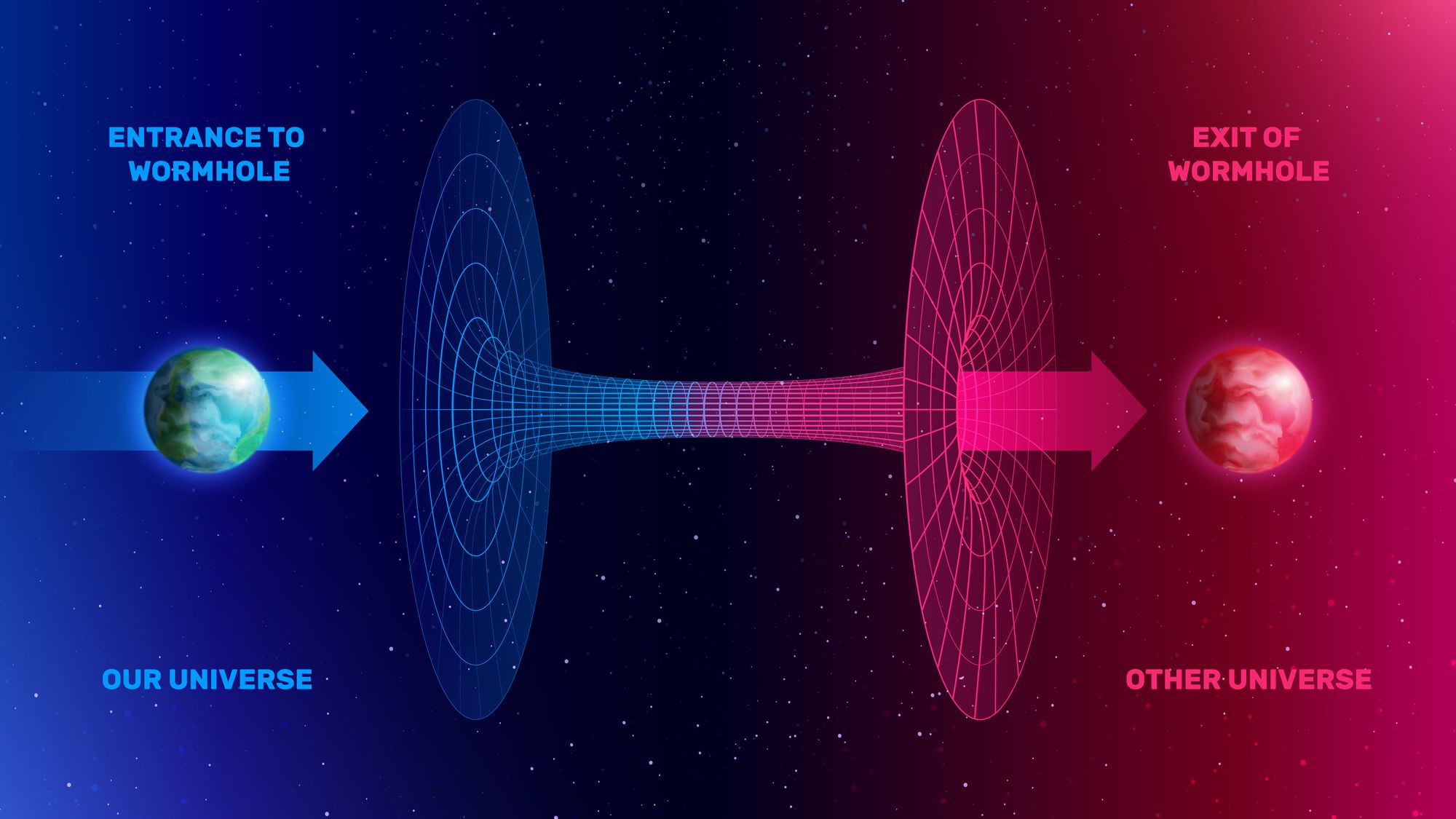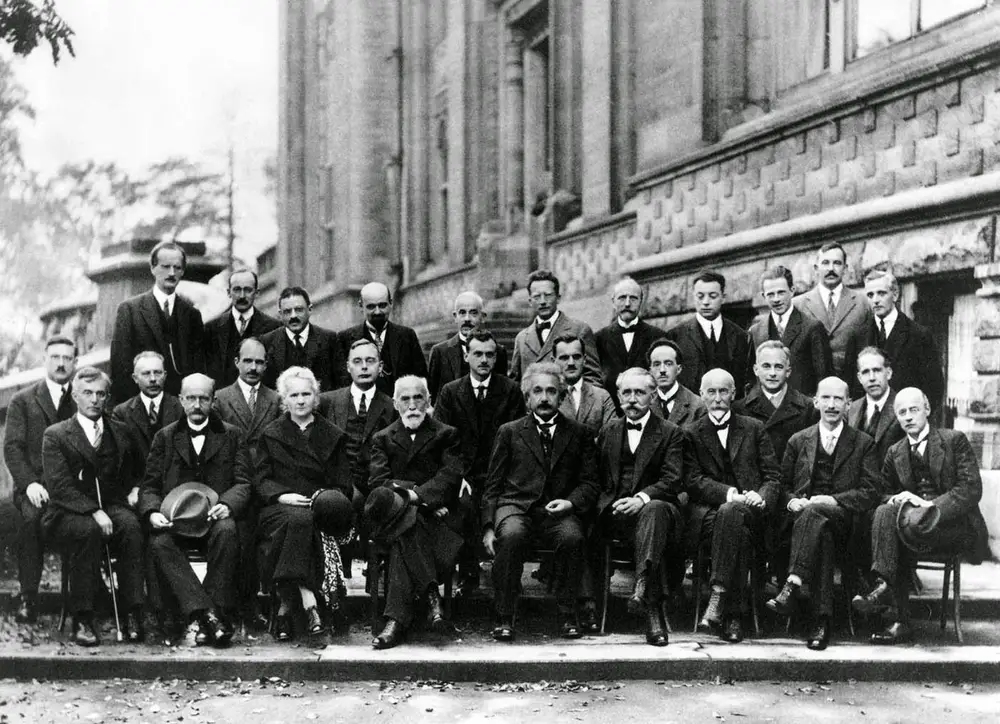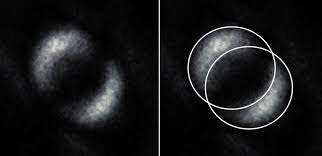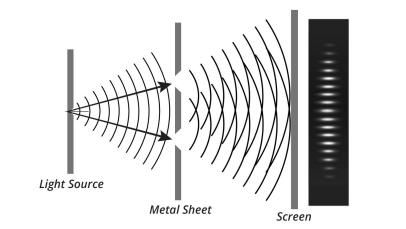The Quantum Frontier: Why Quantum Science Fiction Can Open New Horizons
Quantum physics may represent a revolution in the scientific paradigm, a change of vision and the opening of a horizon that science fiction can help to understand.

Aristotle said, "To educate the mind without educating the heart is not to educate at all. What are we educating the younger generation to? The idea that artificial intelligence can solve all problems? Free will, consciousness, creativity are qualities that are inseparable from human nature. They make us human. The deepest and most intimate meaning of the universe cannot be understood by leaving consciousness aside. The secret is not to project only outwardly, trying to virtualize and simplify the human being, his emotions, his relationships, but to take seriously the inner world of the human being, which is mysteriously connected to the silent spirit of the cosmos.

Front row: Irving Langmuir, Max Planck, Marie Curie, Hendrik Lorentz, Albert Einstein, Paul Langevin, Charles-Eugène Guye, C.T.R Wilson, Owen Richardson.
Middle row: Peter Debye, Martin Knudsen, William Lawrence Bragg, Hendrik Anthony Kramers, Paul Dirac, Arthur Compton, Louis de Broglie, Max Born, Niels Bohr.
Back row: Auguste Piccard, Émile Henriot, Paul Ehrenfest, Édouard Herzen, Théophile de Donder, Erwin Schrödinger, JE Verschaffelt, Wolfgang Pauli, Werner Heisenberg, Ralph Fowler, Léon Brillouin.
The very Root of humanity
I am not looking for an alternative spirituality, but I am deeply convinced that there is something special at the core of quantum mechanics, something that makes the information it contains part of the consciousness of the universe. Free will, creativity, morality, ethics, the sense of infinity, the sense of time, the sense of non-time, desire, the drive for excellence, the will not to retreat in the face of obstacles in scientific research. All this is related to the very root of humanity, it is in its DNA, and quantum mechanics is a key to understanding this still "secret" structure, made up of correlations that are still unexplained but intuited.
Paradoxes
Quantum mechanics teaches us humility and the ability to question even solid assumptions. Without humility, you cannot conceive of quantum mechanics. Without redefining the conditions and limits of knowledge (and consciousness), you cannot delve into it and its two most discussed cases, superposition states and entanglement. Superposition is a typical phenomenon of waves, but in the case of quantum systems it gives rise to an enigmatic phenomenon, a system with several objectively "superposed" states, and only observation makes it possible to determine which of these is actually realized. Schrödinger's famous cat paradox explains that by connecting the states of a quantum system to a switch that releases a poison, the cat turns out to be both alive and dead at the same time as long as its state is not observed.
The Entanglement
Entanglement, on the other hand, describes the situation in which two "particles" in a quantum system can have interrelated states. However, according to the same theory, since the values of these states are undefined prior to observation, it is only the observation of one of the two particles that defines the property of the associated (entangled) particle. Observation, however, can be complicated by quantum "non-locality," i.e., instantaneous transmission of signals at a distance that violates the principles of all previous physics, including Einstein's theory of relativity.

Fascinating theories are attached to these paradoxes
The "many-worlds" interpretation, in which observation "decides" which of the properties predicted as likely by the description of a system are actually real. Take the case of position: when we perform an experiment and observe the value of position, the effect is not to decide which position the particle actually has; in fact, at the time of the observation, several worlds are produced, in each of which the different positions of the particle, presented as superpositions, are realized. In these worlds there are also many different observers measuring different positions, so the "observers" are also subject to multiplication.
Hidden Variables
Another hypothesis is hidden variables, formulated by David Bohm (Bohmian mechanics), basically hidden (because they are not measurable) parameters by which the indeterministic description could become deterministic. The level of variables that are not directly accessible and that determine the result of measurements. For example, in the classical case of the two-slit experiment, it is assumed that there is a hidden variable that, if it has certain values, causes the electron to pass through slit A, and if it has other values, causes it to pass through slit B. In this sense, the hidden variables "complete" the description of QM, which instead gives no additional reason for the electron to pass through A rather than through B. The double-slit experiment reveals that small particles of matter have something wave-like about them, and implies that the very act of observing a particle has a dramatic effect on its behavior.
The two-slit experiment
So either the electrons somehow interfere with each other so that they do not arrive at the same places they would if they were alone, or each electron somehow splits up and goes through both slits at the same time, interfering with itself and recombining to hit the second screen as if it were a single localized particle. The result of the experiment suggests that "particles" such as electrons somehow combine the properties of particles with the properties of waves. This is quantum's famous wave-particle duality. It also suggests that the act of observation, the act of measurement, of a quantum system has a significant effect on the system itself. Figuring out exactly how this happens constitutes the measuring problem of quantum mechanics [here].

Quantum Sci-Fi
Why does quantum mechanics fit so well into science fiction, and why might quantum science fiction open up new scenarios and horizons not only in science but also in philosophy?
Science and philosophy are often concerned with the search for meaning and truth. Karl Popper and Thomas Khun spoke of the principle of falsifiability and paradigm shift, respectively, a way of saying that scientific theories are bound to historical, cultural, and literary contexts. In this sense, quantum physics may represent a revolution in the scientific paradigm, a change of vision and the opening of a horizon that science fiction, which has always been underestimated, can help to understand, because in the science fiction imagination lies also the originator of the great questions on Life and on the Mistery. And, as Stephen Hawking himself said, by asking questions and trying to understand the nature of the universe, you get closer to mind of God. Quite a challenge, isn't it?
